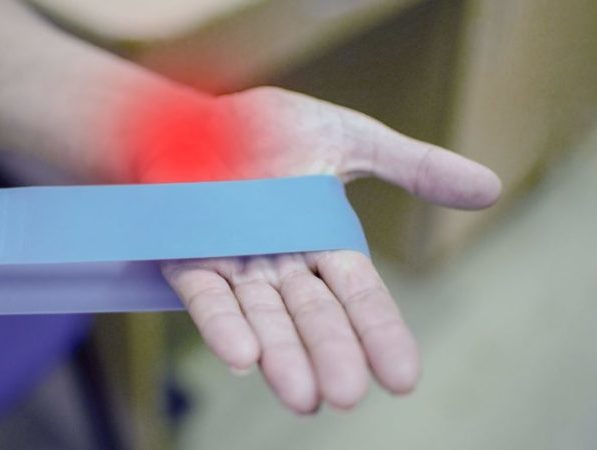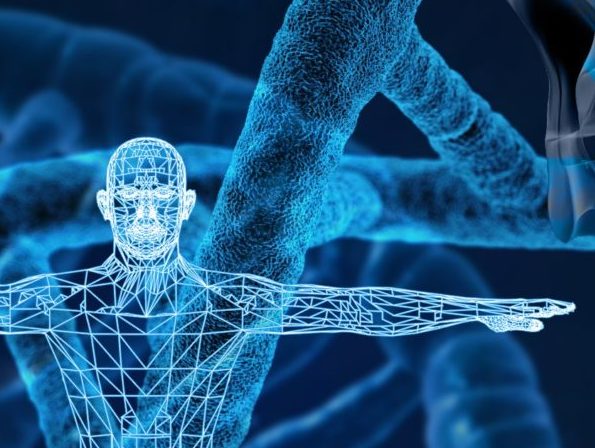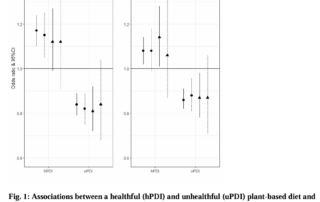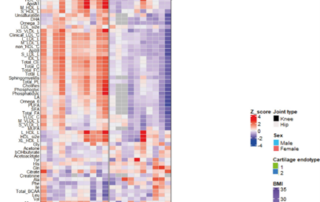MOLECULAR EPIDEMIOLOGY
A long and healthy life is not for everyone. Why is one person worn out at the age of sixty while another can still cycle at the age of ninety? The Molecular Epidemiology department of the LUMC conducts research into the origin of these differences and how these differences can be reduced.
What affects the aging rate? Which mechanisms play a role in this? To investigate this, the researchers are looking at factors that cause people to age healthily. To this end, research is being conducted in long-lived families. In these families the majority manage to reach the age of ninety. What is their secret? Which genes are beneficial? What makes their bodies different from other people? Within this context, we focus on a healthy metabolism, disease and osteoarthritis.
MISSIE
Molecular Epidemiology combines expertise in molecular epidemiology and computer science. This expertise is used for research, education and advice in order to contribute to the improvement of healthcare.
The mission of the research conducted within Molecular Epidemiology (MolEpi) is to monitor and understand factors that influence the risk of age-related disease(s) – aging – or the inverse factors involved in healthy aging. To this end, we generate and analyze state-of-the-art molecular data in human populations, families and groups of patients. In addition, in this context we focus on metabolic health and the relationship to cardiovascular disease. The research is anchored in themes and is carried out in three related research areas and the associated study populations: Aging osteoarthritis and epigenetic epidemiological research. The populations involved in these studies are also linked in biobanks within the BBMRI community.
For information about advice and cooperation with the Molecular Epidemiology section, please refer to this page.
QUESTIONS ABOUT OUR RESEARCH?
LATEST NEWS
Invitation: MOLEPI symposium 2025
INVITATION: MOLEPI Symposium In celebration of our 25th ANNIVERSARY, we WILL BE hosting a special symposium to reflect on our journey and explore the future of molecular epidemiology 📅 THURSDAY, OCTOBER 30, 2025 ⌚ 13:30 – 18:00 📍 LUMC, BUILDING 1, LECTURE [...]
Invitation: MOLEPI reunion 2025
Invitation: MOLEPI reunion 2025 We will be hosting a reunion for all our former and present colleagues over the past 25 years 📅 SATURDAY NOVEMBER 1, 2025 ⌚ 14:00 – 18:00 📍 LUMC, BUILDING 2, The Restaurant Let’s celebrate! Sign up here: [...]
Depressive symptoms and plasma markers of Alzheimer’s disease and neurodegeneration: a coordinated meta-analysis of 8 cohort studies
Depressive symptoms and plasma markers of Alzheimer's disease and neurodegeneration: a coordinated meta-analysis of 8 cohort studies The Netherlands Consortium of Dementia Cohorts has performed a meta-analysis with 8 cohort studies to investigate the associations between depressive symptoms later in life and [...]
Healthful plant-based diet associates with greater well-being in older adults
A shift towards a more plant-based diet is promoted as healthy as well as sustainable. Whether this also applies to older adults is however less clear: On one hand plant-based diets may lead to energy deficits among vulnerable older adults and therefore negatively impact [...]
New publication shows blood biomarkers for senescence endotypes in osteoarthritis patients
When cells reach a permanent growth arrest (Senescence) and resist death, this can result in numerous diseases, such as osteoarthritis. Here we show the presence of two different types of senescence in the blood metabolome of osteoarthritis patients. These blood metabolome patterns could function [...]









